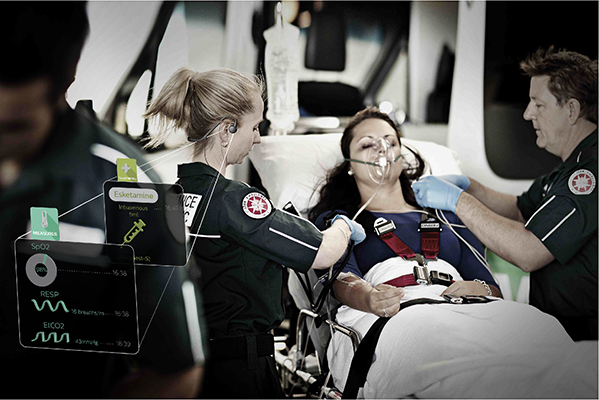MSc Design for Interaction
What product or service can we design so children feel less isolated during their cancer treatment? How could a design approach help governments increase democratic participation with citizens? And through what concepts can we help people imagine the possibilities and risks of AI for their personal lives?
The Design for Interaction (DfI) Master’s programme focuses on the relationships we create between people and their world through design - the new behaviours and experiences they enable.

The Basics
Degree: Master of Science
Accredited by the NVAO
Language: English
Start: September (for applicants with a Dutch BSc-IDE degree a start in February is also possible)
Credits: 120 ECTS, 24 months
Mode: Full-time
Type: Regular study programme
Chat with a student!
Our students will be ready to chat again in the new academic year!
For decades we have known that technology and how it enters the lives of people has quite some persuasive power. New products and services shape how we live, how we communicate and how we care for one another and our environment. In this master’s programme, we build on our extensive knowledge of how to design meaningful products and services for people and use it as a power to explore and promote the changes we need from a societal or global perspective.
Can we create designs that people like to use and support their lives while transforming to a more sustainable and just society? This key question requires navigating the dynamics between the different scales of life, from individual to social to global. We'll take you on a journey to comprehend how these scales intertwine, empowering you to navigate between them and make a real impact. DfI goes beyond theory; it's about putting your knowledge into action. You'll develop skills and techniques to craft products and services that bring about new experiences and behaviours, ones that resonate deeply with people.
Let's embark on this exciting journey together, where design becomes a force for positive transformation!
What you will learn
- Explore human-technology interaction and its implications using theories and methods from different fields like design sciences, social sciences, and humanities.
- Enhance your creativity and critical thinking skills to imagine, conceptualise and create tangible products and services that build new connections between humans and the world.
- Anticipate future impact, address systemic complexities, and positively shape people’s life experiences.
- Visualise intangible aspects of design processes.
- Drive ethical and sustainable change through participatory design and research.
Highlighted Student Stories
The "Unaccompanied Minor" project
What started off as a project to design a new service for the most vulnerable passenger of all: children travelling alone, became one of the most illustrative projects of what design can bring to a corporate environment.
Learn more about the DfI Master's programme here:
Other IDE Master’s Programmes
The Faculty of Industrial Design Engineering offers three master’s programmes: Design for Interaction (DfI), Integrated Product Design (IPD), and Strategic Product Design (SPD). Check out our other two master’s programmes:


